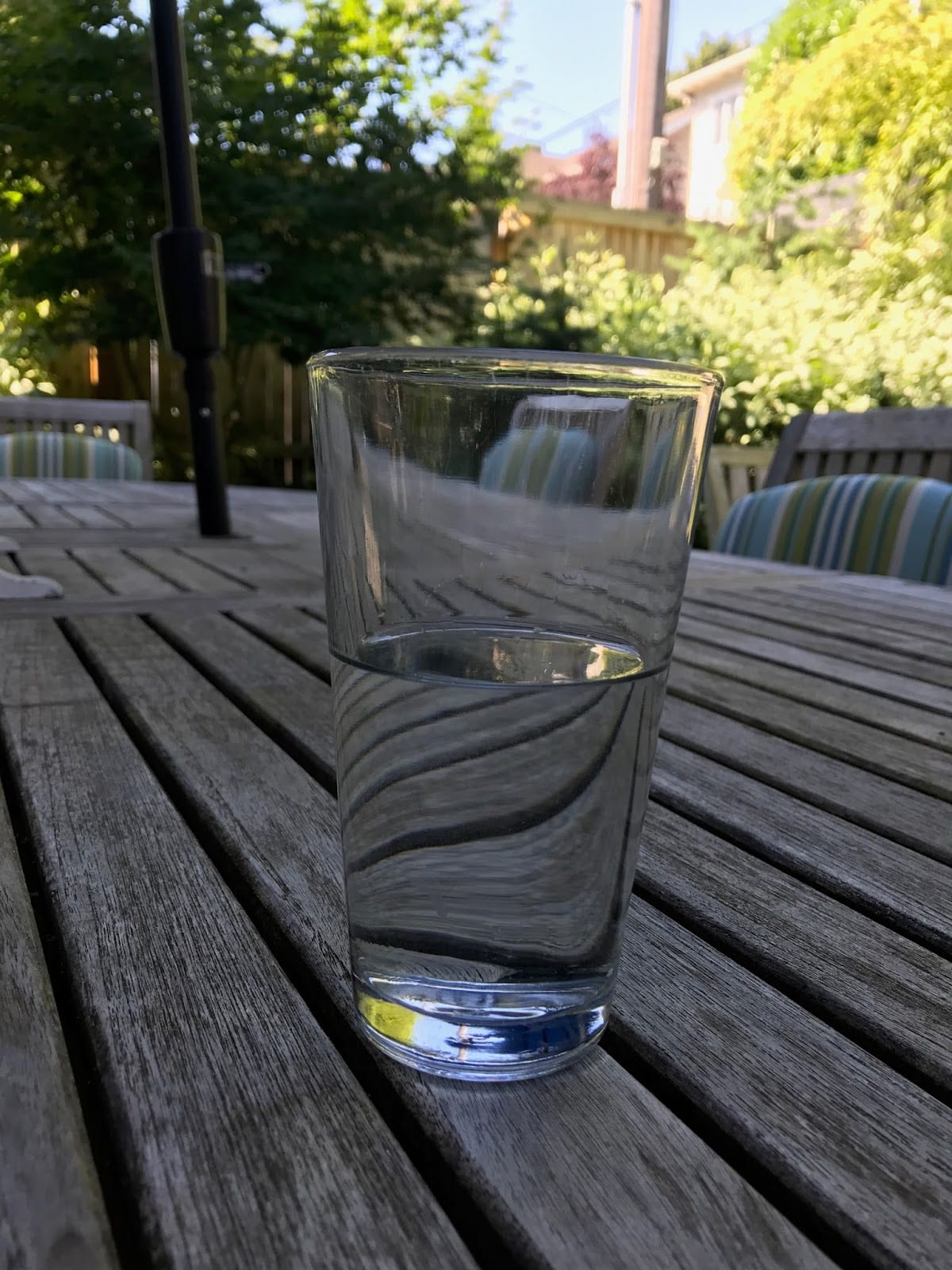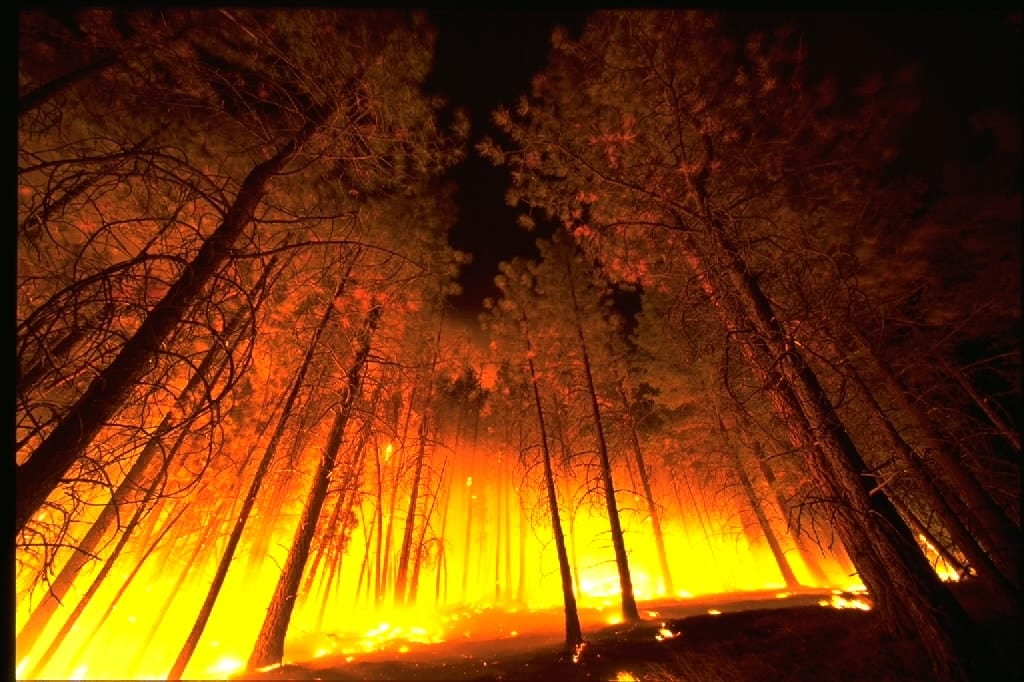
It feels surreal.
I realize that I say that so often now. That I experience things that I have a hard time accepting for one reason or another.
The fact that my mom doesn’t know who I am; that feels surreal. As though in some parallel existence my real mother exists and she is still able to take the train up to visit me, sit and talk to me at the kitchen table about how crazy it is that my oldest daughter is a senior in high school. And so every time I see her sitting in her living room, watching Bonanza reruns and asking me over and over again where I live, who I am, why I’m there, it is as though I’ve been cast in some absurd play without ever having auditioned.
The fact that my oldest child is a high school senior is also surreal. Is it possible that I’m old enough for that? That she is? Even though it feels like I’ve been a mother forever – it almost feels like I’ve never NOT been a mother – it couldn’t possibly be accurate that Eve is almost 18, that this year we will visit and apply to colleges, that next year we will move her in.
I haven’t imagined these moments, I guess. Maybe that’s what it is. I haven’t sat and wondered what it might feel like to be without a mother or to be without my daughter. Is it that, because I can’t picture myself here, because I haven’t turned these scenes around and around in my head, tried them on for size, pulled them off and tweaked them a little bit and put them back on that I am having trouble believing they’re real?
I don’t ever remember feeling like anything was surreal as a kid. I don’t really remember imagining how things would turn out, though. Maybe as a kid the world seemed so unpredictable, so full of possibility or so fully out of my control that I couldn’t begin to compare reality to what I had expected. Even as things happened that were unexpected or unwelcome, as a kid, I simply accepted what came and tried to figure out how to respond. Ignore? Run for cover? Adapt and move forward?
I wonder if it has something to do with the way the child brain works – that it is concrete and so just takes what comes. Adolescents develop the ability for abstract thought, and as we age, we also begin to believe that we can control things in our lives. Maybe “imagination” is the wrong word. Children have spectacular imaginations that are often unbounded by any sort of reality. But as we get older, the kinds of things we imagine center more around ourselves and our desires and our expectations. So maybe surrealism comes as a result of life looking significantly different than my expectations – especially when what I’m presented with is difficult emotionally or something I wouldn’t have chosen to spend time thinking about or planning for.
The seduction of the surreal is that it doesn’t beckon me to spend much time there. At least not in these two scenarios. I am not fully present when I experience these things because I don’t truly want to be there, so perhaps it’s a trick of my mind that is trying to tell me I can deny it by labeling it that way.
There have been other moments in my life that feel similarly dream-like that were exhilarating and pleasant, and while they had the same qualities, those were moments that I bathed in, savored, chose to fully experience. Several years ago, Lola and I paraglided off the top of a mountain in Jackson Hole, Wyoming. The ride lasted about 15 minutes and from the second we strapped in and started listening to the instructions, I felt as though I were outside myself. As the wind caught the parasail and lifted my feet off the side of the mountain I pulled my consciousness back inside, tethered it, and focused on each breath in an effort to capture the experience as deeply as I could. I knew it was going to be over before I was ready, and I was determined to pay attention. I will never regret doing that because it remains one of the most amazing things I’ve ever had the good fortune to do and I’m thrilled that I really took the time to be there while it was happening.
Maybe I need to do the same during other times when I feel as though I’m out of my element. As painful as it is, choosing to be fully present with my daughter and my mom during these moments that I couldn’t have imagined or prepared myself for emotionally could mean the difference between simply enduring them and finding some grace in them.







